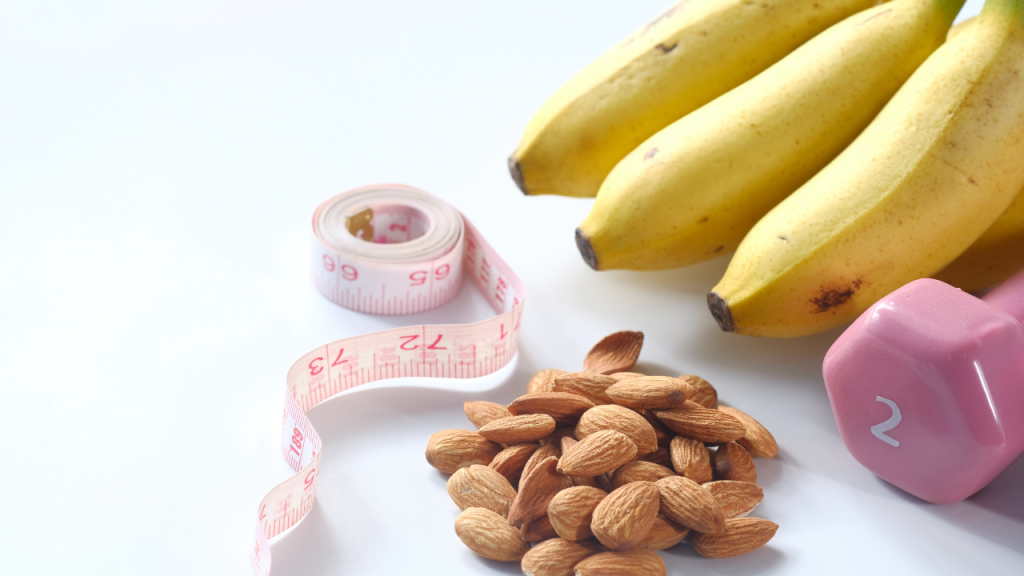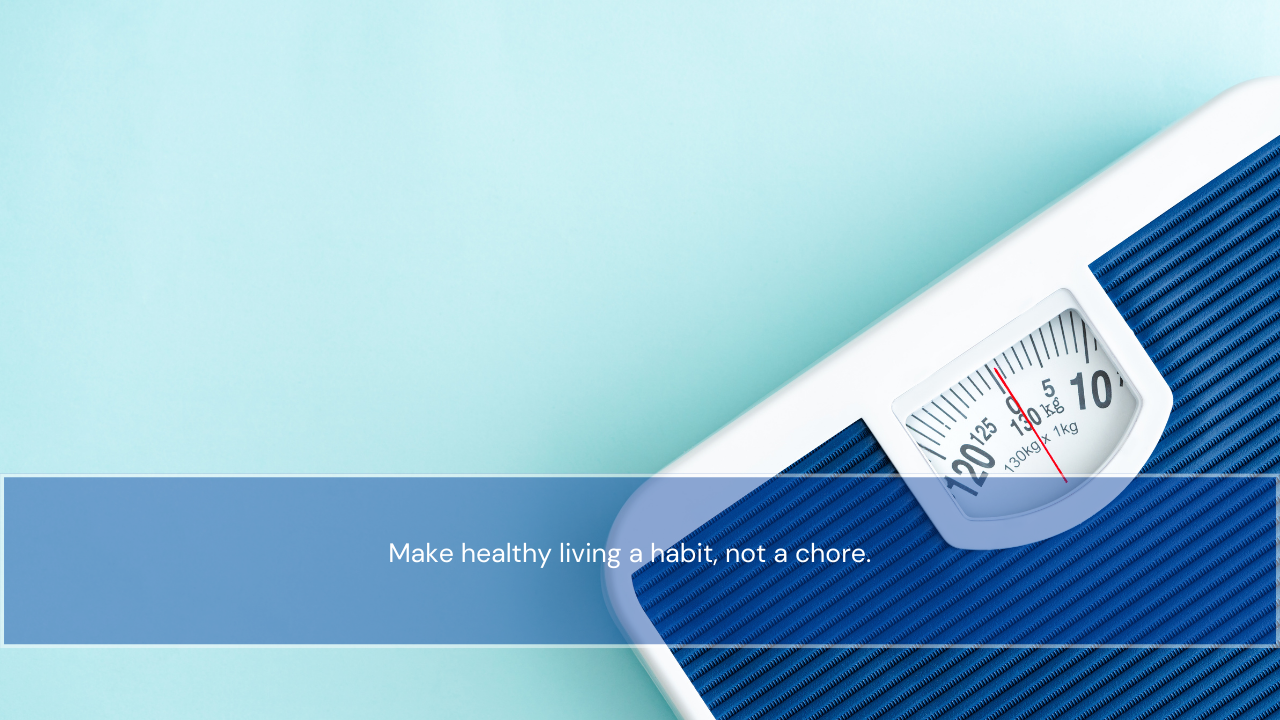You’ve recently undergone kidney removal surgery, a significant event that requires some lifestyle adjustments. One critical aspect of post-surgery care is managing your weight effectively. Being overweight can lead to health complications that could further complicate your recovery process. As such, weight loss after kidney removal should be a top priority if you want to achieve optimal health and wellbeing.

Maintaining a healthy weight after kidney removal surgery is not only vital for your physical wellbeing but also your emotional and mental health. It can help boost your self-confidence and give you the energy you need to engage in everyday activities without feeling fatigued or tired all the time.
In this article, we’ll explore:
- Why weight management is crucial after kidney removal surgery
- Potential risks of being overweight
- Dietary changes you can make for safe and effective weight loss
- Incorporating exercise into your routine
- Tips for maintaining a healthy weight long-term
With this information at hand, you’ll be better equipped to embark on a journey to a healthier you!

Key Takeaways
- Limit salt, protein, and phosphorus intake and drink plenty of water for safe and effective weight loss.
- High-protein options such as lean meats, fish, eggs, beans, and legumes are essential for tissue repair.
- Incorporate hydration strategies and low-impact exercises into daily routine to maintain a healthy weight.
- Mental health support may be necessary for some individuals and consulting healthcare providers before starting any new exercise regimen is recommended.
Importance of Weight Management After Kidney Removal
Losing weight after having a kidney removed is no piece of cake, but it’s essential to prevent health complications down the road.
With only one kidney to work with, maintaining a healthy weight becomes even more crucial as being overweight can put additional strain on your remaining kidney.
This can lead to high blood pressure and an increased risk of developing chronic kidney disease.
To achieve weight loss after kidney removal, you’ll need to make some dietary changes. Your doctor may recommend that you limit your intake of salt, protein, and phosphorus.

It’s also important to drink plenty of water and avoid sugary drinks such as soda or fruit juices.
Additionally, mental health support may be necessary for some individuals as they adjust to their new lifestyle changes and cope with any emotional challenges that may arise during this process.
Remember that every step you take towards achieving a healthier weight will benefit your overall well-being in the long run.
Potential Health Risks of Being Overweight After Surgery
You may be at risk of health issues if you’re carrying excess weight after surgery. Cardiovascular complications and diabetes are just some of the potential health risks that come with being overweight. In fact, studies have shown that individuals who have had kidney removal surgery are more likely to develop these conditions when they carry excess weight.

To better understand the potential health risks of being overweight after surgery, take a look at this table below:
| Potential Health Risks | Description |
|---|---|
| Cardiovascular Complications | Being overweight increases your risk for high blood pressure, heart disease, and stroke. These conditions can be life-threatening and require immediate medical attention. |
| Diabetes Risk | Carrying extra weight can make it harder for your body to regulate blood sugar levels, leading to an increased risk of developing type 2 diabetes. This chronic condition can cause serious complications such as nerve damage, kidney damage, and blindness. |
It’s important to note that these risks aren’t limited to those who have had kidney removal surgery – anyone who is carrying excess weight is also at risk for these health complications. However, those who have undergone surgery should pay even closer attention to their weight management in order to minimize their chances of developing these conditions. By maintaining a healthy weight through diet and exercise, you can reduce your risk of cardiovascular complications and diabetes while improving your overall quality of life.
Dietary Changes for Safe and Effective Weight Loss
Just like a car needs fuel to run smoothly, your body needs the right nutrients to function properly and safely lose excess pounds.
When it comes to weight loss after kidney removal, it’s important to focus on high protein options. Protein is essential for building and repairing tissues in the body, including muscles. This is especially important after surgery when your body needs to heal.

Some high-protein options include lean meats such as chicken or turkey breast, fish, eggs, beans, and legumes. You can also incorporate protein shakes or bars into your diet if needed.
Additionally, hydration strategies are crucial for safe and effective weight loss after kidney removal. Drinking enough water can help you feel full and prevent overeating. Aim for at least 8-10 glasses of water per day and avoid sugary drinks that can add unnecessary calories to your diet.
By focusing on high protein options and staying hydrated, you can achieve your weight loss goals while still maintaining a healthy diet.
Incorporating Exercise into Your Daily Routine
Incorporating exercise into your daily routine can be a fun and easy way to improve your overall well-being. After kidney removal surgery, it’s important to start slow and gradually increase the intensity of your workouts.

Desk exercises are a great way to begin incorporating physical activity into your workday. You can do simple stretches at your desk or take breaks throughout the day for quick walks around the office.
For those who prefer outdoor activities, there are plenty of options as well. Walking, jogging, hiking, swimming, and cycling are all low-impact exercises that can be done outside. These activities not only help with weight loss but also provide numerous health benefits such as improved cardiovascular health, increased energy levels, and reduced stress levels.
Remember to always consult with your healthcare provider before starting any new exercise regimen after undergoing kidney removal surgery.
Tips for Maintaining a Healthy Weight After Kidney Removal Surgery
Maintaining a healthy diet and staying active can greatly improve your chances of leading a fulfilling life after undergoing kidney removal surgery. Here are some tips to help you maintain a healthy weight:

- Meal planning: Plan your meals ahead of time to ensure that you’re eating a balanced diet. Include plenty of fruits, vegetables, lean proteins, and whole grains in your meals.
- Portion control: Use smaller plates and bowls to help control portion sizes. Avoid going back for seconds or thirds.
- Stay hydrated: Drink plenty of water throughout the day to stay hydrated. This can also help you feel full and prevent overeating.
- Join support groups: Joining support groups can provide emotional support and motivation as you work towards maintaining a healthy weight.
Remember that maintaining a healthy weight is important for overall health and well-being after kidney removal surgery. By following these tips, you can improve your chances of leading a fulfilling life post-surgery.
Frequently Asked Questions
Can weight loss after kidney removal surgery reverse any potential health risks associated with being overweight?
Losing weight can help reverse potential health risks associated with being overweight. Sustainable weight loss, through dietary considerations, can improve overall health and reduce the risk of chronic diseases. Evidence supports this claim.
How soon after kidney removal surgery is it safe to begin a weight loss program?
It’s important to wait until your doctor gives the green light before starting a weight loss program after kidney removal surgery. Safe timing varies, but precautions should be taken to avoid complications and ensure proper healing.

Are there any specific foods or supplements that should be avoided during weight loss after kidney removal surgery?
Dietary restrictions may vary depending on the individual’s medical history and current health status. Nutritional guidance from a healthcare professional is recommended to ensure proper nutrient intake during weight loss after kidney removal surgery.
What are some low-impact exercise options for individuals who have undergone kidney removal surgery?
For low-impact exercise options after kidney removal surgery, try walking, cycling, swimming or yoga. Recovery period recommendations include starting slowly and gradually increasing intensity. Consult with your doctor before beginning any new exercise program.
Are there any support groups or resources available for individuals who have undergone kidney removal surgery and are struggling with weight management?
Feeling lost after kidney removal? Connect with support groups and access online resources for help managing weight. Find guidance and motivation from others who have gone through similar experiences.
